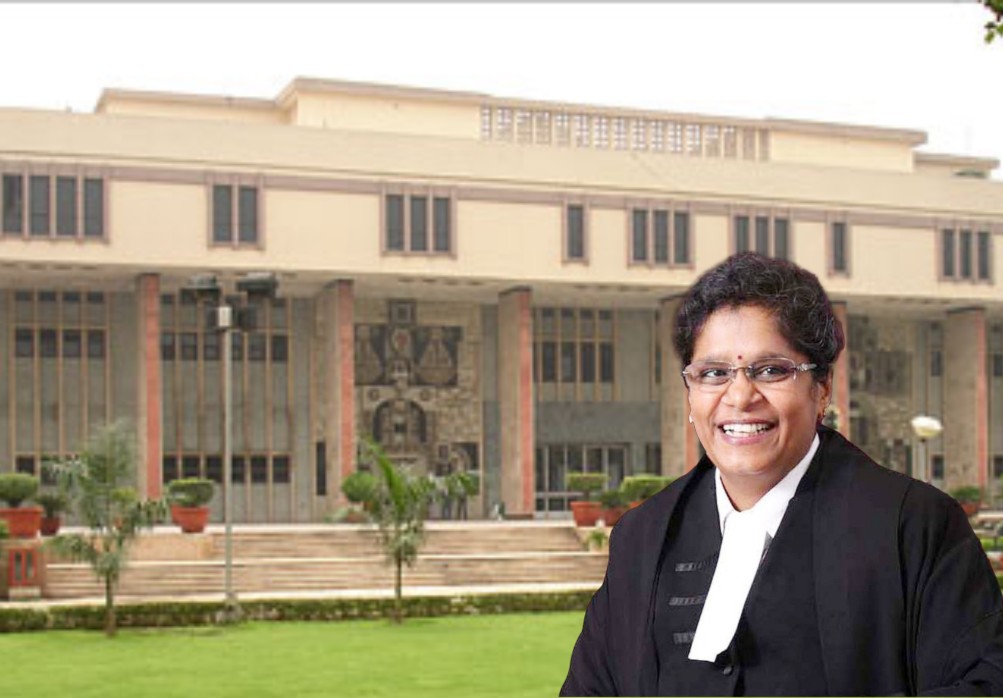Voter ID not compulsory for Delhi Advocates to seek benefits of CM’s Welfare Scheme

Read Order: Govind Swaroop Chaturvedi & Ors versus State of NCT of Delhi & Ors
LE Staff
New Delhi, July 13, 2021: The Delhi High Court has held that the Delhi Government’s CM Advocates Welfare Scheme should be extended to all lawyers registered with the Bar Council of Delhi, irrespective of whether their place of residence is in Delhi or NCR.
A Single Bench of Justice Prathiba M. Singh ruled that insisting on voter ID showing residence in Delhi for the purpose of availing the welfare scheme is discriminatory, arbitrary and violative of Article 14 of the Constitution.
Justice Singh observed that Delhi, by itself, is an extremely cosmopolitan city and the profession of law is no exception. The Court noted that there were families who arrived after partition, people who migrated due to employment compulsions, and first-generation lawyers who come to Delhi to achieve their aspirations. There may be lawyers who practice primarily in Delhi, but have their permanent residence elsewhere.
The high court further highlighted that a conjoint reading of the Advocates Act, 1961, the Bar Council of Delhi Rules, 1963 and the BCIPP Rules shows that primacy is given to the place of practice and not to the place of residence of the advocate, and an advocate is entitled to register in the State where he/she intends to primarily practice.
Reiterating the statutory provisions, the high court held that in none of these provisions or rules, residence of the advocate is given any importance. The address of the advocate is sought only as a means of information, which is not set in stone and can be changed after due intimation to the Bar Council.
Thus, the CM Welfare Scheme is centred around the professional contributions of advocates, and not their role as voters in Delhi. Lawyers practicing in Delhi and registered with the Bar Council of Delhi (BCD), but residing in NCR, have also contributed to the administration of Justice in Delhi, observed the High Court.
The court further observed that governmental policies are amenable to judicial review and if the allegation is one of discrimination the same would have to be examined on the touchstone of Article14.
Sign up for our weekly newsletter to stay up to date on our product, events featured blog, special offer and all of the exciting things that take place here at Legitquest.




Add a Comment